More than 70 dead as looting, violence roil South Africa
Crowds looted shops and offices in South Africa on Wednesday for a sixth day running, defying government calls to end chaos and violence in which more than 70 people have been killed in several days.
The protests were triggered by the arrest of former leader Jacob Zuma last week for failing to appear at a corruption inquiry and have spread to several cities.
Stores, warehouses and shopping malls were ransacked or set ablaze mostly in the southeastern province of KwaZulu-Natal, and the financial and economic center Johannesburg and surrounding Gauteng province.
Overnight the protests spread to two other provinces – Mpumalanga, just east of Gauteng, and Northern Cape.
The TV footage showed crowds of looters casually hauling away refrigerators, large televisions, microwave ovens and crates of food.
In the port city of Durban, people started queuing outside food stores and at fuel stations as early as 4 a.m. (0200 GMT) when the Covid night curfew ends.
Outside a branch of a popular supermarket in northern Durban's Eastman region, about 400 people started lining up to buy food, hours before the shop was due to open.
Soldiers have been sent onto the streets to help outnumbered police contain the unrest. The armed forces said they were sending 2,500 soldiers to help the overwhelmed police.
South African President Cyril Ramaphosa announced late on Monday that he was dispatching troops to help police halt the unrest and “restore order.”
The police said in a statement late on Tuesday that at least 72 people had died since Zuma began a 15-month jail term.
“The total number of people who have lost their lives since the beginning of these protests … has risen to 72,” Most of the deaths “relate to stampedes that occurred during incidents of looting of shops”, the statement read.
Others were linked to shootings and explosions of bank ATMs.
The number of arrests has risen to 1,234, although many thousands have been involved in the ransacking sprees.
The unrest was sparked by the jailing of Zuma, but the situation has evolved into an outpouring of anger over persistent poverty and inequality in South Africa 27 years after the end of apartheid, with the economic effects of restrictions imposed over the coronavirus pandemic having exacerbated the situation.
On June 29, Zuma was sentenced to 15 months in jail for not appearing before a commission looking into graft scandals during his presidency.
The violence worsened after Zuma started serving the jail term on Thursday after handing himself in to authorities as a deadline for surrender loomed.
Zuma is a former anti-apartheid activist who spent 10 years in the notorious Robben Island jail off Cape Town. The former president is popular among many poor South Africans, especially the grassroots members of the ANC, who see him as a defender of the disadvantaged.
VIDEO | Press TV's news headlines
Esfandiari thanks Iranians for support as France tries pro-Palestine activist
Figures behind massacre of starving Gazans now shaping US Gaza plan
Iran to deliver ‘crushing response’ to any US assault: Ex-IRGC chief
‘Last nail on coffin of terrorism’: Police chief hails calm across Iran
During UNSC meeting, Iran, Russia, and China blast US over riots
President promises to end corruption in foreign exchange distribution
Iranian nation foils enemy plot with million-strong march: Ansarullah leader


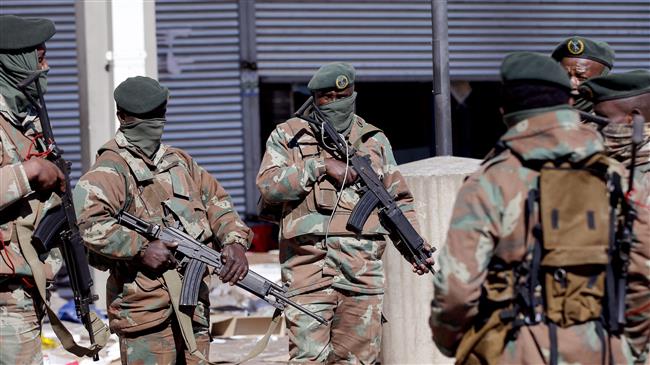

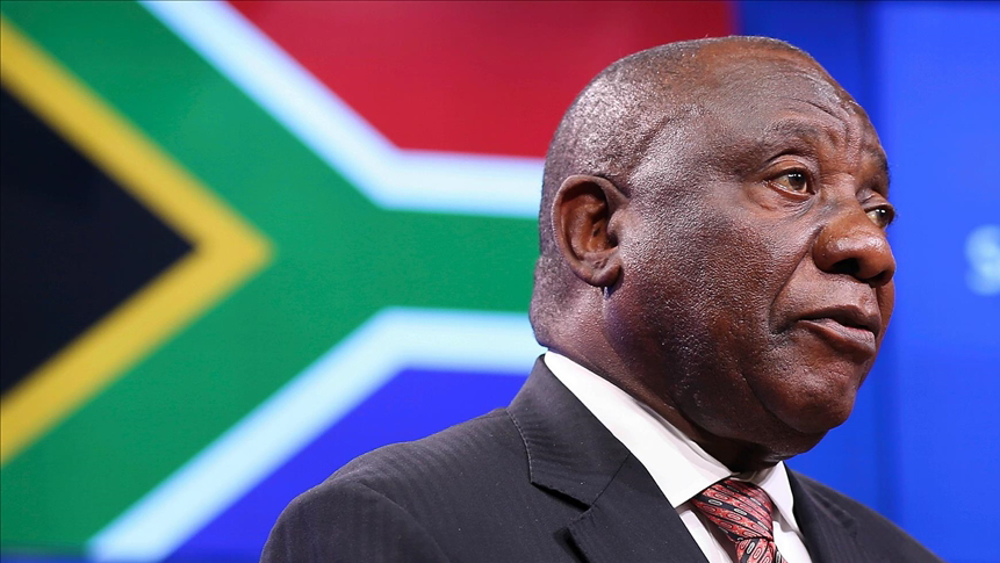
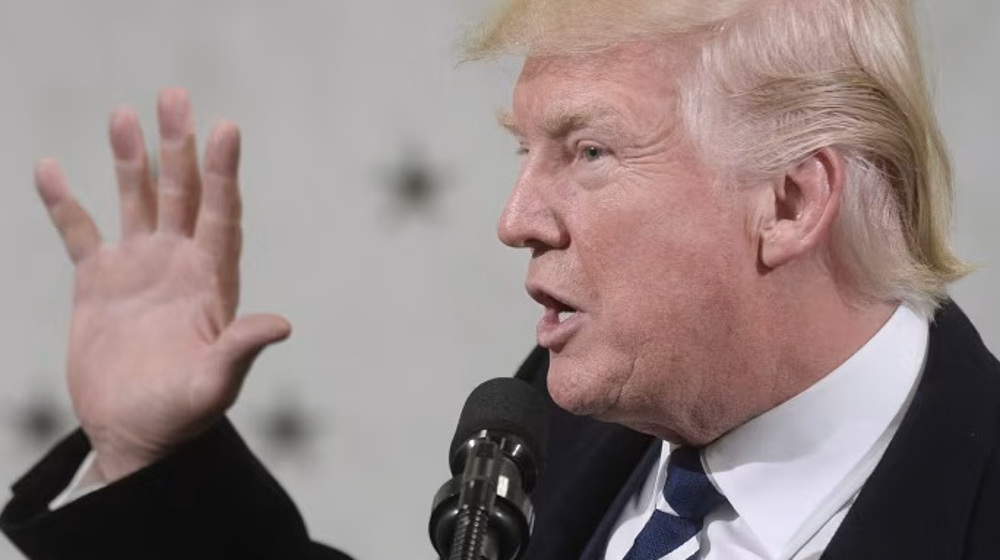



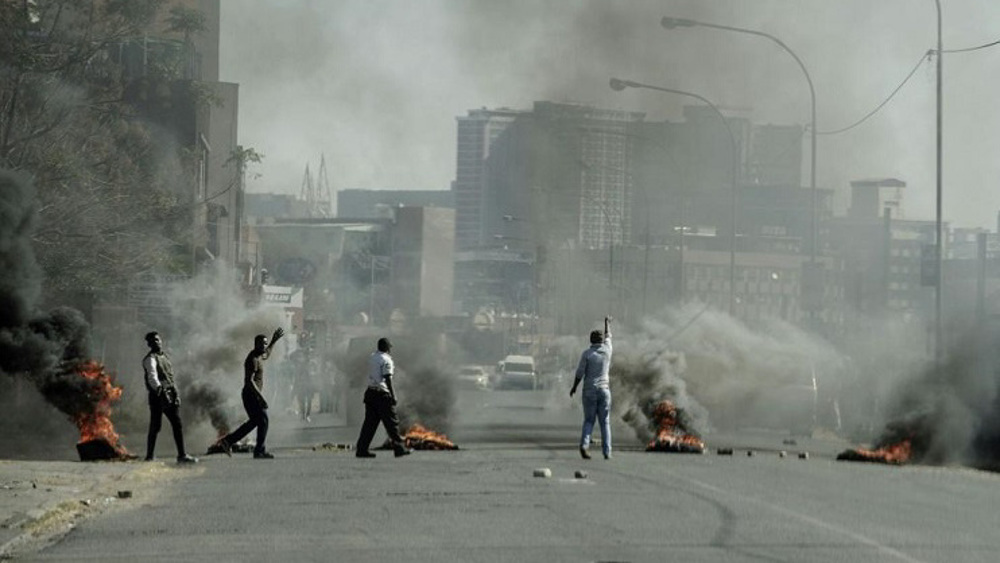
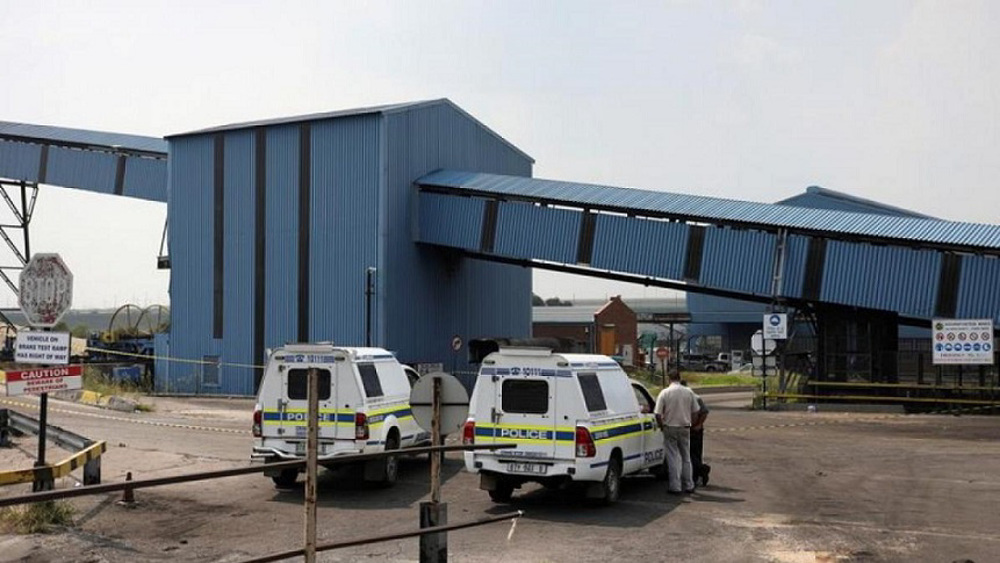
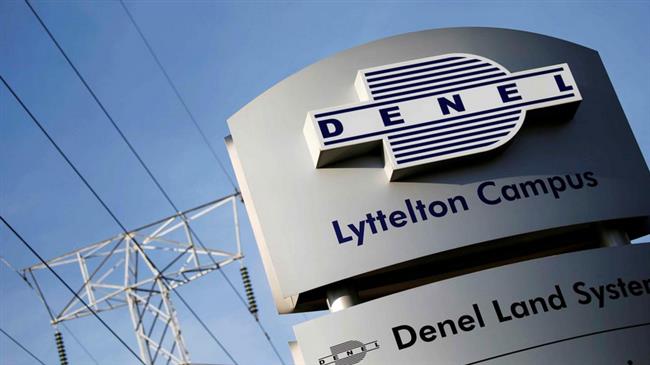
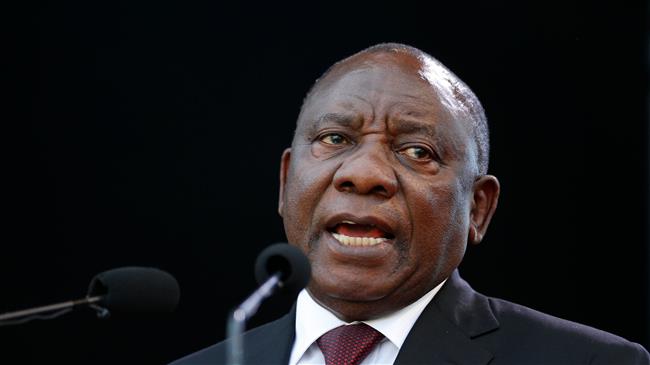
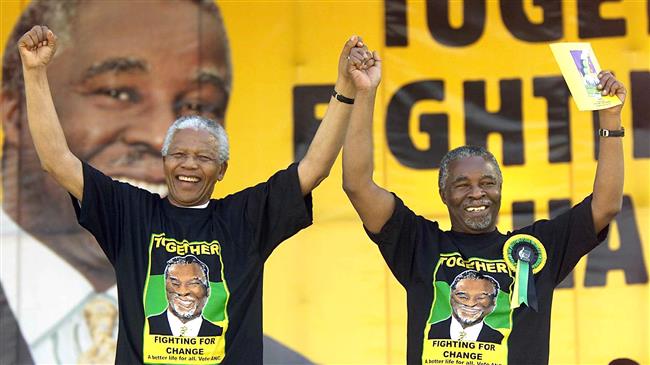
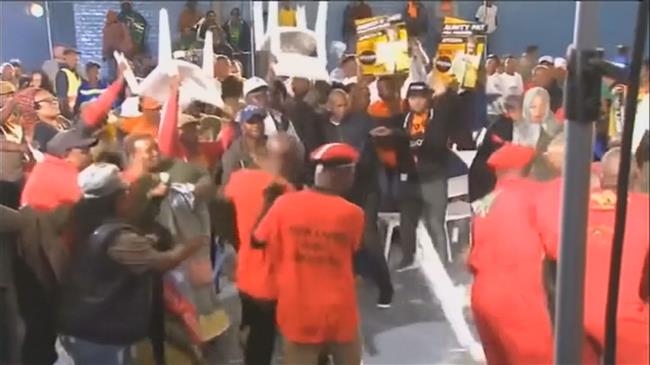
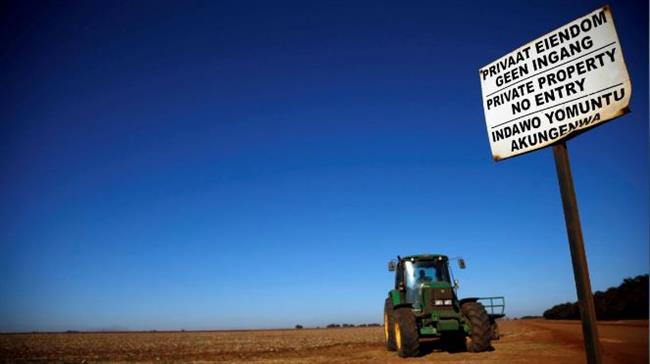

 This makes it easy to access the Press TV website
This makes it easy to access the Press TV website